Buying and selling real estate can often seem overwhelming. This is because, at least for first-time homebuyers, they are unfamiliar with the process and what it entails. By becoming familiar with real estate terms and the people involved in selling a home from start to finish, we can gain clarity and understanding about the real estate process which will bring you confidence in your next home sale.
REALTOR®
A REALTOR® is a licensed real estate agent who is also a member of the National Association of Realtors. They are held to a higher code of ethics than your average real estate agent.
Broker/Brokerage
The agreement you sign with a real estate agent is between you and the broker or firm on the agreement that you sign and not the agent. Brokers typically have more experience and education than a salesperson. There are also safeguards put in place to protect the public, including legal requirements for supervision. The agent and/or the broker may represent more than one party in a real estate transaction with proper disclosure and consent.
Listing Agent
The listing agent is the agent who lists your home! This one seems pretty self-explanatory, but a listing agent’s main duty is not just to input your home’s data into the Multiple Listing Service or MLS (the database that all of the other agents use to find data on homes that match their client’s search criterion) The job of a listing agent starts months to years prior to putting a home on the market. Before their clients are planning to sell, a good agent will give their client advice about renovations, additions, and landscaping. As time gets closer to putting your home on the market, your agent will meet with you to discuss putting the minimum work into your house to ensure the maximum price will be offered. Once the home is market-ready, they will also market your property through print, digital, and social marketing.
Selling Agent
The selling agent, otherwise known as the buyer’s agent, brings the buyer to the seller. Both selling agents and listing agents have fiduciary duties toward their clients, otherwise known as putting their client’s interests above their own. Sometimes agents will act as a dual agent (representing both the buyer and the seller). This requires written consent from both parties and is defined completely in the brokerage agreement.
Title Company
The buyer gets to designate the title company in the real estate contract. The title company’s job is to ensure that the title to the real estate property (the actual ownership of a real property that includes the bundle of rights in which a party may own a legal or equitable interest; not an actual document) is legitimately given to the home buyer. They will look for any “clouds” on the title, or defects that would affect the next homeowner. In most cases, they will also hold the buyer’s earnest money deposit in an escrow account to be used toward the purchase of the home. They will also usually host the settlement of the property at their location. The title company’s job is an important one, so choosing a company that you trust and know to be reliable is essential in order for a transaction to close on time.
Lender
Most people will need to procure funds in order to purchase a home. The lender makes funds available to a person with the expectation that the funds will be repaid. Repayment will include the payment of any interest or fees. The lender also usually orders an appraisal of the property that you are purchasing as a guard on their investment to make sure that what you are paying for the property is what it is actually worth.
Inspectors
When purchasing a home, having different types of inspections can be allowed according to what it says in the contract. A home inspection is the most common type of inspection. They will assess the condition of the property and look for any general problems that the home might have. Any specific problems would need to be inspected by a specialist in that field. Wood Destroying Insect Inspections are also a very common inspection required for a mortgage and can usually be performed at the same time as the home inspection, depending on the inspector. Depending on the contract, the seller might be contractually obligated to resolve any problems that your inspector finds.
This is a general summary of the parties involved in a real estate transaction. A great real estate agent will be able to answer any specific questions that you might have throughout the process. You will be working closely with your real estate agent so it’s important to choose someone that you trust and know to be reliable. An experienced agent can make or break a transaction and save you thousands of dollars in the long run.

Jean Beatty is a licensed real estate agent in VA, MD, and DC with McEnearney Associates, Inc in McLean, VA. If you would like more information on selling or buying in today’s complex market, contact Jean at 301-641-4149 or visit her website JeanBeatty.com.
Don’t miss a post! Get the latest local guides and neighborhood news straight to your inbox!

 Facebook
Facebook
 X
X
 Pinterest
Pinterest
 Copy Link
Copy Link






